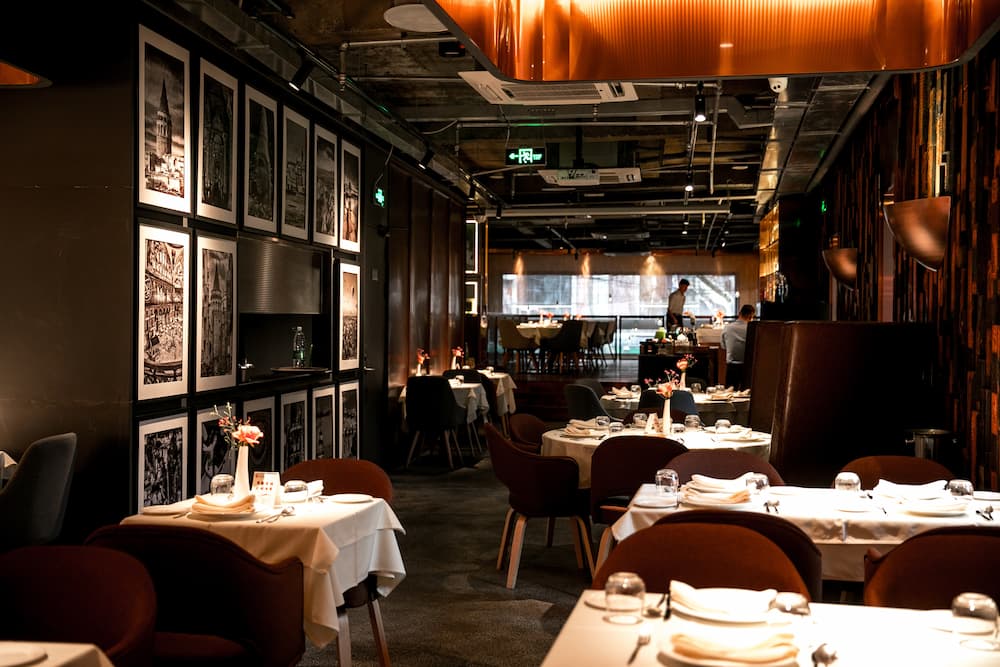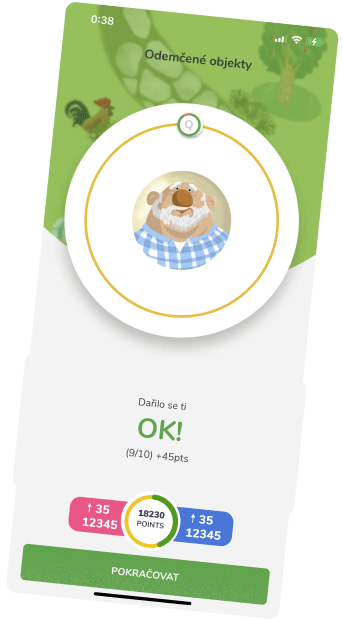How to avoid looking like a clueless tourist at French restaurants?
French restaurant etiquette
By Lilia Ahmed Ali
When you shout "garçon !" or "serveur !" to the waiter in a French restaurant, it might earn you a very bad impression.
If you go to Paris or any tourist destination in France, you will definitely be tempted to try the French cuisine in one of the so-called "restaurants gastronomiques". Of course, everyone is welcome, but it is important to have the right attitude when at a French restaurant to avoid being embarrassed or offensive.
In this short article, learn some basic French restaurant etiquette for being in French restaurants!
Didn’t book in advance? it could ruin your night out!
Before heading to a restaurant in France, especially in Paris as it is a very crowded city, you should first call the restaurant to get a table or to make sure they are open.
Be prepared to not be seated if you didn’t make a reservation. And, don't take it personally, it’s a common policy.
Also, don’t be late or your reservation can be canceled! If you think you might not be on time, call the restaurant to inform them so they can keep your reservation.
Avoid seating yourself at a table
When you finally arrive at a restaurant in France, do not sit directly at any table. You can't just randomly pick a table and get seated, as it may already be booked, which is why it's important to book yours too.
You have to wait at the entrance of the restaurant until a waiter arrives to take you to a table that is meant for you, fits the number of guests you are with, and is at a spot that you might prefer best, like inside or on the terrace!
Here's how the conversation might go between you and the waiter once you arrive at the restaurant:
Waiter: Bonjour et bienvenue au restaurant (the name of the restaurant). Comment puis-je vous aider ?
“Hello and welcome to the restaurant (the name of the restaurant". How can I help you?”
You: Bonjour ! J'ai réservé une table pour deux sous le nom de (your family name) “Hello! I have reserved a table for two under the name of (your family name)”
Waiter: Très bien, Monsieur/Madame (your family name). Je vais vous conduire à votre table. Suivez-moi, s'il vous plaît. Avez-vous une préférence quant à l'emplacement de votre table ?
“Very well, Mr./Madam (your family name). I'll take you to your table. Please come with me. Do you have a preference as to where you would like to sit?”
You: Merci beaucoup. J'apprécierais une table près de la fenêtre, si c'est possible. “Thank you very much. I would appreciate a table by the front window, if possible.”
Waiter: Absolument, Monsieur/Madame. Suivez-moi, s'il vous plaît.
“Absolutely, Sir/Madam. Please follow me.”
Speak loudly, and you'll get the evil eye 👀
One thing the French hate the most is shouting and talking loudly, especially in a public place like a restaurant. The French consider this kind of behavior vulgar and rude.
So, make sure to be mindful of the level of your voice to not annoy the people sitting around you.
Never shout "serveur" or " garçon" (waiter)
Be nice to the staff always. Don’t ever say “serveur/serveuse” or “garçon” to call a waiter. We no longer live in the 60s when the term was used by the bourgeoisie.
Today, calling the waiter “garçon” “boy” in English is very very rude, or snap your fingers. It is like you're looking down on him.
To catch the waiter's attention, just gently raise your hand (not too high) and say “excusez-moi !” (excuse me) or “s’il vous plaît !” (please).
Do not say “je veux…’’ to order
Once you are ready to order, do not say “je veux…” (I want…) as if you are giving orders. It may sound impolite! It is true that the waiter is at your service but you must speak to him kindly when he approaches to take the order.
You can say:
Pour moi ça sera… (the name of the dish) … s’il vous plaît ! “for me it will be... (the name of the dish) ... please!”
or
Je vais prendre un (the name of the dish) s’il vous plaît ! “I will take (the name of the dish) please!”
Important mobile phone etiquette
When you are in a fancy French restaurant, you may be asked not to take out your phone or take pictures.
The waiter may ask you “Pourriez-vous, s'il vous plaît, mettre votre téléphone en mode silencieux.” “Could you please put your phone on silent mode.” or “Veuillez ne pas utiliser votre téléphone à table.”Please do not use your phone while dining.”
Even though you want to share photos with your friends or capture some memories, you may accidentally take pictures of people around that you don't know and it can get you into trouble.
The goal of some restaurant owners is to encourage customers to drop their phone, connect to reality and enjoy spending quality time with friends and family.
If you need to take a call, simply walk out of the restaurant to talk in peace.
These are the main French etiquette guidelines to follow when eating out in a French restaurant. Enjoy the ambiance, the company and the food. And see you in the next article for another aspect of French culture.



















